

Articles
How To Store Uncooked Grits
Modified: December 7, 2023
Looking for tips on how to store uncooked grits? Our articles have you covered with all the information you need to keep your grits fresh and tasty.
(Many of the links in this article redirect to a specific reviewed product. Your purchase of these products through affiliate links helps to generate commission for Storables.com, at no extra cost. Learn more)
Introduction
Uncooked grits are a staple in many Southern American dishes. Made from coarsely ground corn, they offer a delightful texture and a versatile base for both savory and sweet recipes. However, ensuring the longevity and freshness of uncooked grits is crucial to maintain their quality and taste.
Properly storing uncooked grits is essential in preventing them from spoiling or losing their flavor. This article will guide you through the importance of storing uncooked grits correctly, factors to consider before storage, a step-by-step guide on how to store them, common mistakes to avoid, and tips to extend their shelf life.
By following these guidelines, you can ensure that your uncooked grits remain in optimal condition, retaining their flavor and texture for an extended period.
Now, let’s delve into the significance of proper storage for uncooked grits.
Key Takeaways:
- Properly storing uncooked grits is crucial to maintain their flavor, prevent spoilage, and save money by minimizing waste and frequent restocking.
- Factors to consider include purchasing high-quality grits, using airtight containers, and storing in a cool, dry place away from sunlight to ensure freshness.
Read more: How To Store Uncooked Dumplings
Importance of Properly Storing Uncooked Grits
Properly storing uncooked grits is crucial for several reasons. First and foremost, it helps maintain the quality and taste of the grits over an extended period. When stored improperly, uncooked grits can become stale, lose their flavor, and even develop off-putting odors.
Secondly, storing uncooked grits correctly can prevent them from being infested by insects or rodents. Grits, being a food product, can attract pests if not stored in airtight containers or in a suitable environment.
Additionally, proper storage ensures that uncooked grits remain dry and free from moisture. Moisture is the enemy of grits, as it can lead to the growth of mold or bacteria, rendering the grits unsafe for consumption.
Lastly, storing uncooked grits properly can also save you money. By preventing spoilage, you avoid wasting food and the need for frequent restocking. This ensures that you can enjoy fresh, flavorful grits whenever you decide to cook them.
Taking the time and effort to store uncooked grits correctly is well worth it to preserve their quality, prevent infestations, and save money in the long run. Now, let’s explore the factors you should consider before storing uncooked grits.
Factors to Consider Before Storing Uncooked Grits
Before you store uncooked grits, there are a few key factors to consider. These factors will help ensure that your grits remain fresh, flavorful, and safe for consumption. Let’s take a closer look at each of them:
1. Quality of the Grits: Start by purchasing high-quality uncooked grits. Look for brands that are known for their freshness and superior texture. Quality grits are less likely to spoil or lose their flavor quickly.
2. Packaging: Check the packaging of the uncooked grits. Ensure that it is intact, without any tears or holes that could allow moisture or pests to enter. If the packaging seems compromised, consider transferring the grits to an airtight container before storing.
3. Storage Container: Choose the right storage container for your uncooked grits. Opt for airtight containers made of food-grade material, such as glass or BPA-free plastic. This will prevent moisture, pests, and odors from affecting the grits.
4. Storage Location: Select a suitable location for storing your uncooked grits. It should be cool, dry, and away from direct sunlight. Avoid storing the grits near sources of heat or humidity, such as the stove or dishwasher.
5. Shelf Life: Take note of the expiration or best-by date on the packaging. While grits can last beyond their expiration date if stored properly, it is always best to use them within the recommended timeframe for optimal freshness.
6. Quantity: Consider the quantity of grits you plan to store. It is advisable to store them in smaller quantities to minimize exposure to air and moisture each time you open the container. This will help maintain the quality of the remaining grits.
By considering these factors before storing your uncooked grits, you can set the stage for long-lasting freshness and flavor. Now, let’s move on to the step-by-step guide on how to store uncooked grits.
Step-by-Step Guide on How to Store Uncooked Grits
Properly storing uncooked grits is a simple process that involves a few essential steps. By following this step-by-step guide, you can ensure the longevity and freshness of your grits:
1. Transfer to an Airtight Container: If the uncooked grits are not already in an airtight container, transfer them into one. This will help keep moisture, pests, and odors at bay. Choose a container made of glass or BPA-free plastic, ensuring it has a tight-fitting lid.
2. Label the Container: Use a sharpie or label maker to clearly mark the container with the date of storage. This will help you keep track of the freshness and rotation of the uncooked grits.
3. Find a Suitable Storage Location: Choose a cool, dry, and dark place to store your grits. A pantry or cupboard away from heat sources and direct sunlight is ideal. Make sure the area has a consistent temperature, as fluctuations can affect the quality of the grits.
4. Avoid Freezing or Refrigerating: Uncooked grits do not require refrigeration or freezing unless their packaging explicitly states so. Refrigerating or freezing grits can lead to moisture absorption and affect their texture.
5. Check Regularly: Periodically check the container for any signs of moisture, pests, or spoilage. If you notice any issues, discard the grits immediately to prevent contamination.
6. Use Within Recommended Timeframe: While properly stored uncooked grits can last beyond their expiration date, it’s best to use them within the recommended timeframe for optimal freshness. Refer to the packaging information for specific guidelines.
Following these steps will help ensure that your uncooked grits stay fresh and flavorful for an extended period. Coming up next, let’s discuss some common mistakes to avoid when storing uncooked grits.
Store uncooked grits in an airtight container in a cool, dry place, away from direct sunlight and moisture. This will help to maintain their freshness and prevent them from spoiling.
Common Mistakes to Avoid When Storing Uncooked Grits
When it comes to storing uncooked grits, there are some common mistakes that should be avoided to maintain their quality and prevent spoilage. By being aware of these mistakes, you can ensure that your grits stay fresh and safe to consume. Let’s explore some of the common mistakes to avoid:
1. Not Using an Airtight Container: One of the primary mistakes is storing uncooked grits in their original packaging without transferring them to an airtight container. The original packaging may not provide adequate protection against moisture and pests, leading to spoilage.
2. Storing in a Warm or Humid Area: Avoid storing uncooked grits in a warm or humid area, such as near the stove or in the pantry next to the dishwasher. Excessive heat and humidity can cause the grits to spoil, lose their flavor, or even develop mold.
3. Exposing to Sunlight: Direct sunlight can affect the quality of uncooked grits by accelerating the degradation process. It is essential to store them in a dark area away from sunlight to preserve their freshness.
4. Ignoring the Recommended Expiration Date: Even though uncooked grits can last beyond their expiration date when stored properly, it’s important not to ignore the recommended timeframe. Using them within the suggested period ensures the best flavor and quality.
5. Storing Large Quantities: Storing uncooked grits in large quantities increases the chances of exposure to air and moisture each time you open the container. It’s best to store them in smaller quantities to minimize spoilage.
6. Not Checking Regularly: Failing to check the stored grits regularly can lead to unnoticed spoilage or infestations. Make it a habit to inspect the container periodically for any signs of moisture, pests, or off-putting odors.
7. Freezing or Refrigerating Unnecessarily: Unless specified by the manufacturer, there is no need to freeze or refrigerate uncooked grits. Doing so can introduce moisture and affect the texture of the grits.
By avoiding these common mistakes, you can ensure that your uncooked grits remain fresh, flavorful, and safe to consume. Now, let’s move on to some tips for extending the shelf life of uncooked grits.
Read more: How To Store Uncooked Steak
Tips for Extending the Shelf Life of Uncooked Grits
To maximize the shelf life of uncooked grits and keep them fresh for as long as possible, consider implementing the following tips:
1. Store in a Cool and Dry Place: The key to keeping uncooked grits fresh is to store them in a cool and dry place. High temperatures and humidity can accelerate the deterioration process and promote mold growth. Find a spot in your pantry or cupboard away from heat sources and moisture.
2. Keep Away from Strong Odors: Grits have a tendency to absorb strong odors from their surroundings, which can affect their flavor. Avoid storing them near strong-smelling substances like spices, onions, or cleaning products. Keep them in a well-sealed container to prevent odor contamination.
3. Avoid Excessive Air Exposure: Exposure to air can cause uncooked grits to become stale. When opening the storage container, make sure to reseal it tightly. Consider using smaller, individual portion containers to minimize the amount of air exposure each time you access the grits.
4. Use a Moisture Absorbent: Place a moisture-absorbing sachet or a small packet of rice grains in the storage container with the uncooked grits. This will help absorb any excess moisture and prevent clumping or spoilage.
5. Rotate and Use in a First-In, First-Out Manner: To ensure the freshest grits, practice the first-in, first-out method. Rotate your supply by using the oldest batch of uncooked grits before opening a new package. This way, you can maintain the quality and prevent any grits from going past their expiration dates.
6. Avoid Transferring Directly from the Fridge to Cooking: If you store your grits in the refrigerator, allow them to come to room temperature before cooking. Transferring them directly from cold storage to cooking can affect the texture and cooking time.
7. Consider Vacuum-Sealing: For longer-term storage, you may want to consider vacuum-sealing your uncooked grits. This method removes excess air, helping to preserve freshness and extend their shelf life.
By following these tips, you can extend the shelf life of your uncooked grits and ensure that they maintain their quality and flavor over time. Remember to check the grits regularly for any signs of spoilage or pests, and discard any compromised batches immediately.
Conclusion
Properly storing uncooked grits is essential for preserving their quality, flavor, and safety. By considering factors such as packaging, storage location, and shelf life, you can ensure that your grits remain fresh and free from spoilage.
Transferring uncooked grits to airtight containers, storing them in cool and dry places away from sunlight, and avoiding common mistakes like excessive air exposure or refrigeration can significantly extend their shelf life.
Additionally, implementing tips such as using moisture absorbents, keeping the grits away from strong odors, and practicing the first-in, first-out method can help maintain the freshness of your uncooked grits.
Remember to check the stored grits periodically for any signs of spoilage, pests, or odor contamination. It’s better to be cautious and discard any compromised batches to prevent any health hazards.
Properly storing uncooked grits not only ensures their long-lasting freshness but also helps you save money by minimizing waste and the need for frequent restocking. With a little care and attention, you can enjoy delicious and flavorful grits whenever you decide to cook them.
So, take the time to follow these guidelines and store your uncooked grits correctly. Your future meals will thank you for it, as the flavorful and perfectly preserved grits add a delightful touch to any dish.
Start implementing these storage practices and enjoy the fresh and delicious uncooked grits for a longer period. Happy cooking!
Frequently Asked Questions about How To Store Uncooked Grits
Was this page helpful?
At Storables.com, we guarantee accurate and reliable information. Our content, validated by Expert Board Contributors, is crafted following stringent Editorial Policies. We're committed to providing you with well-researched, expert-backed insights for all your informational needs.
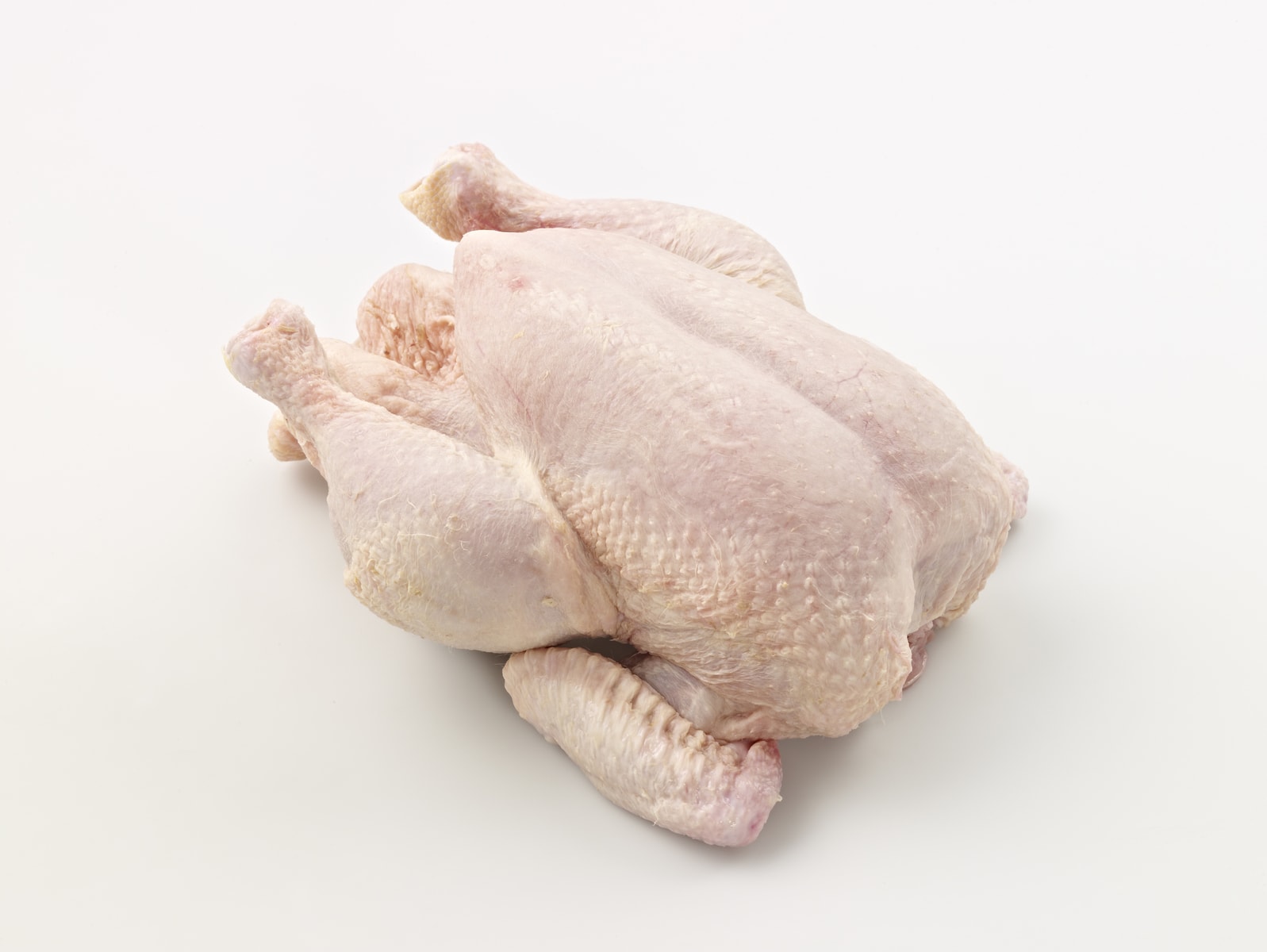
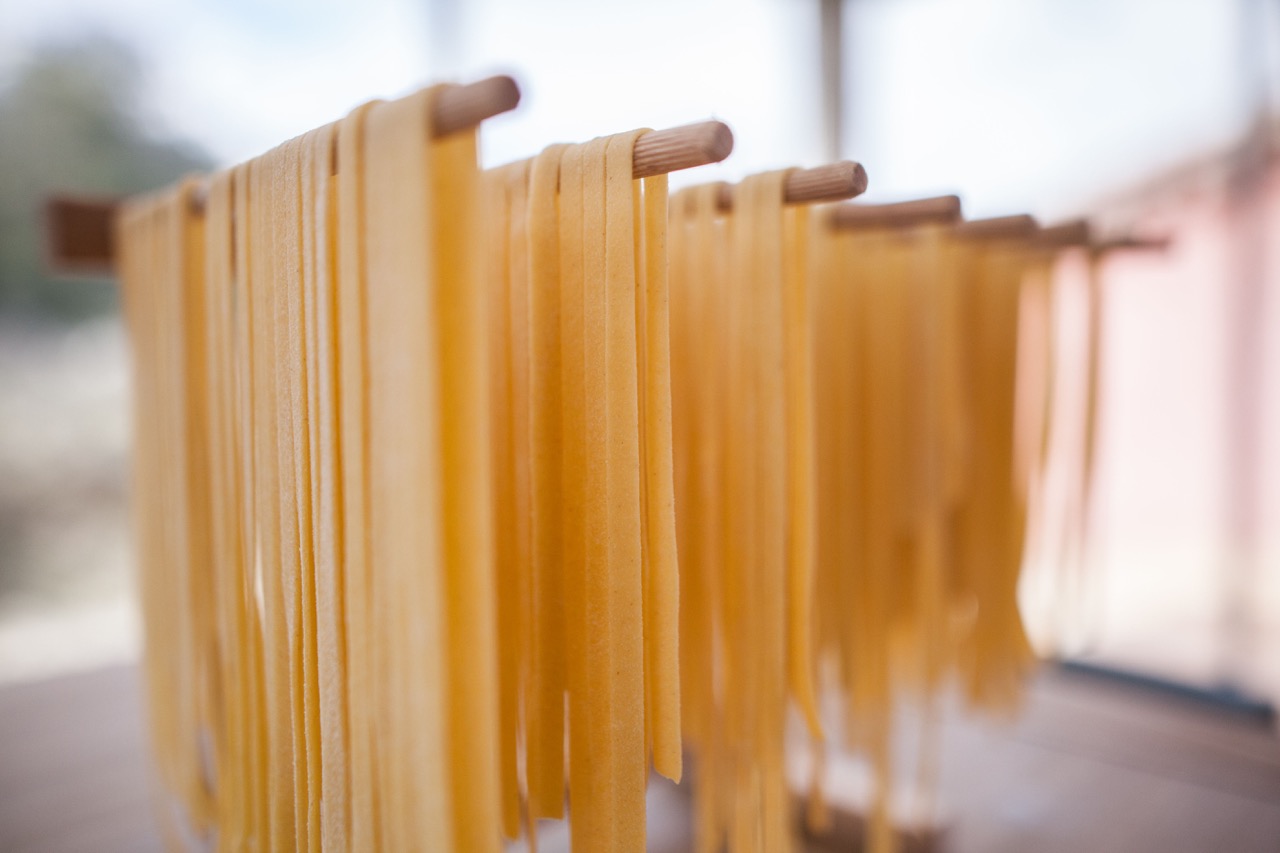

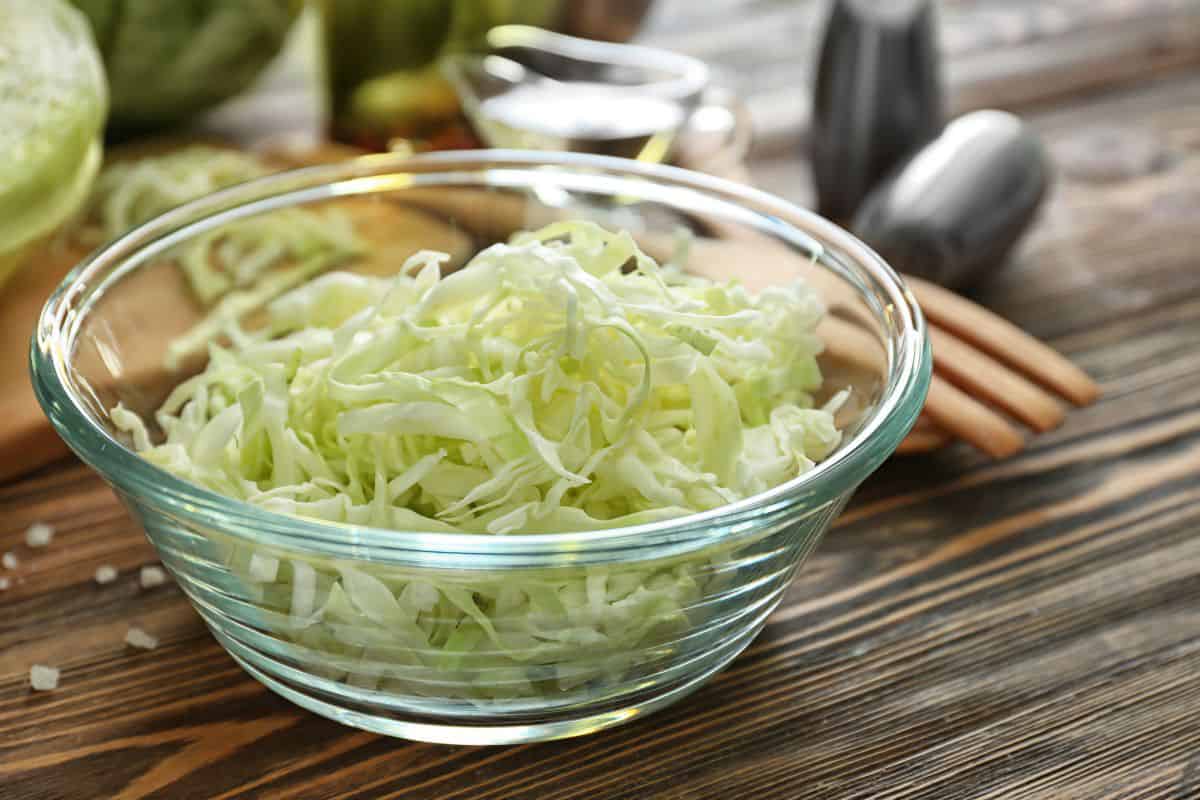
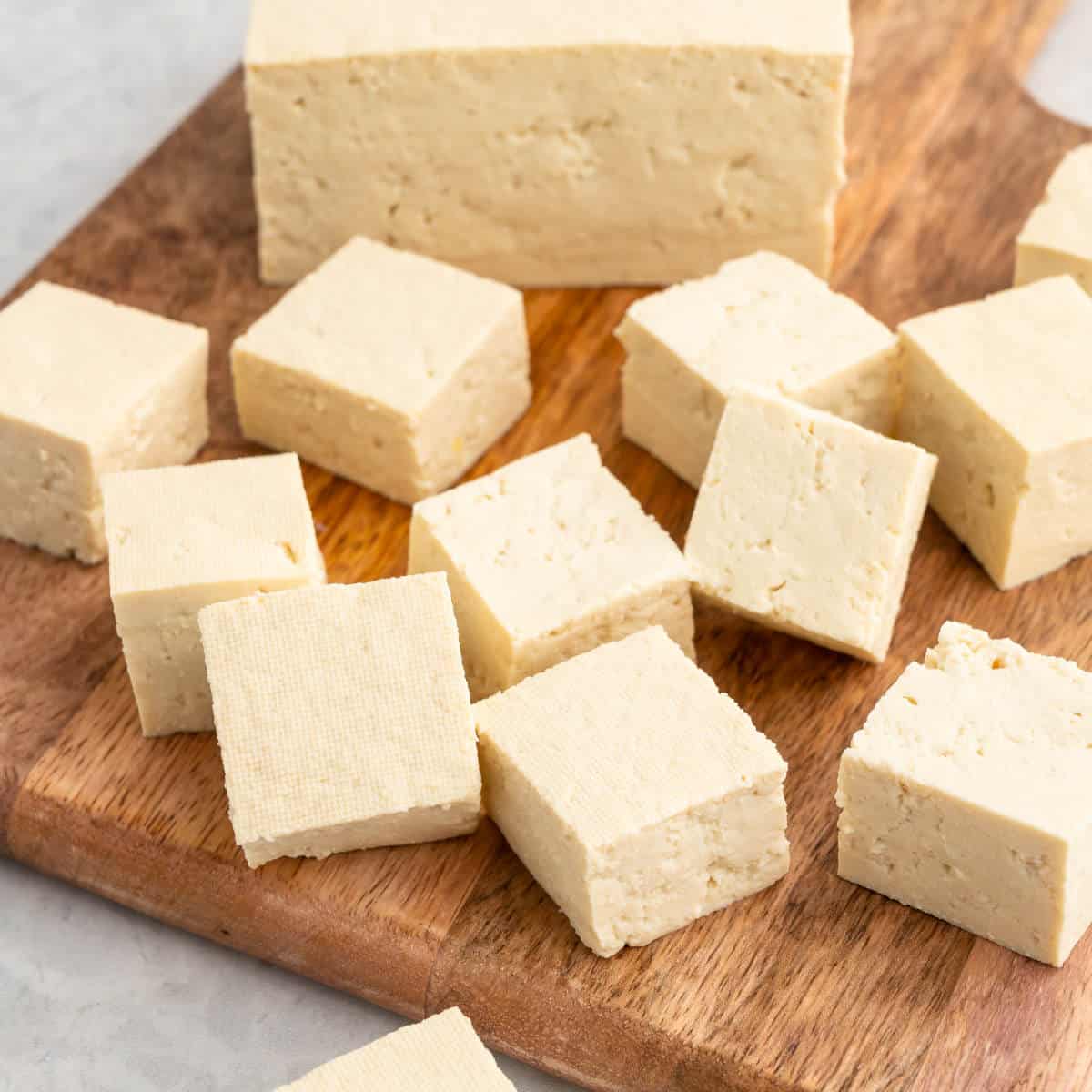





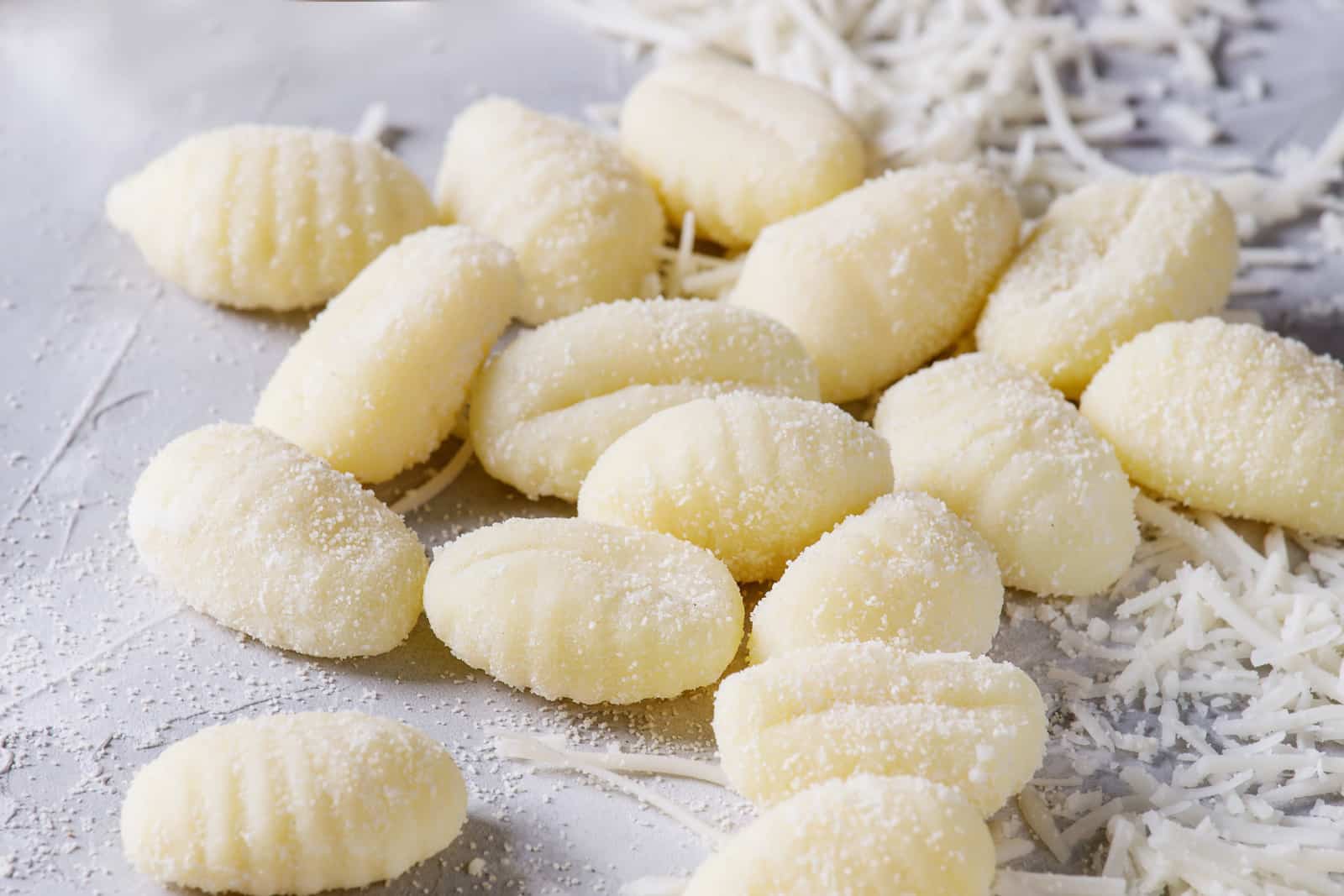
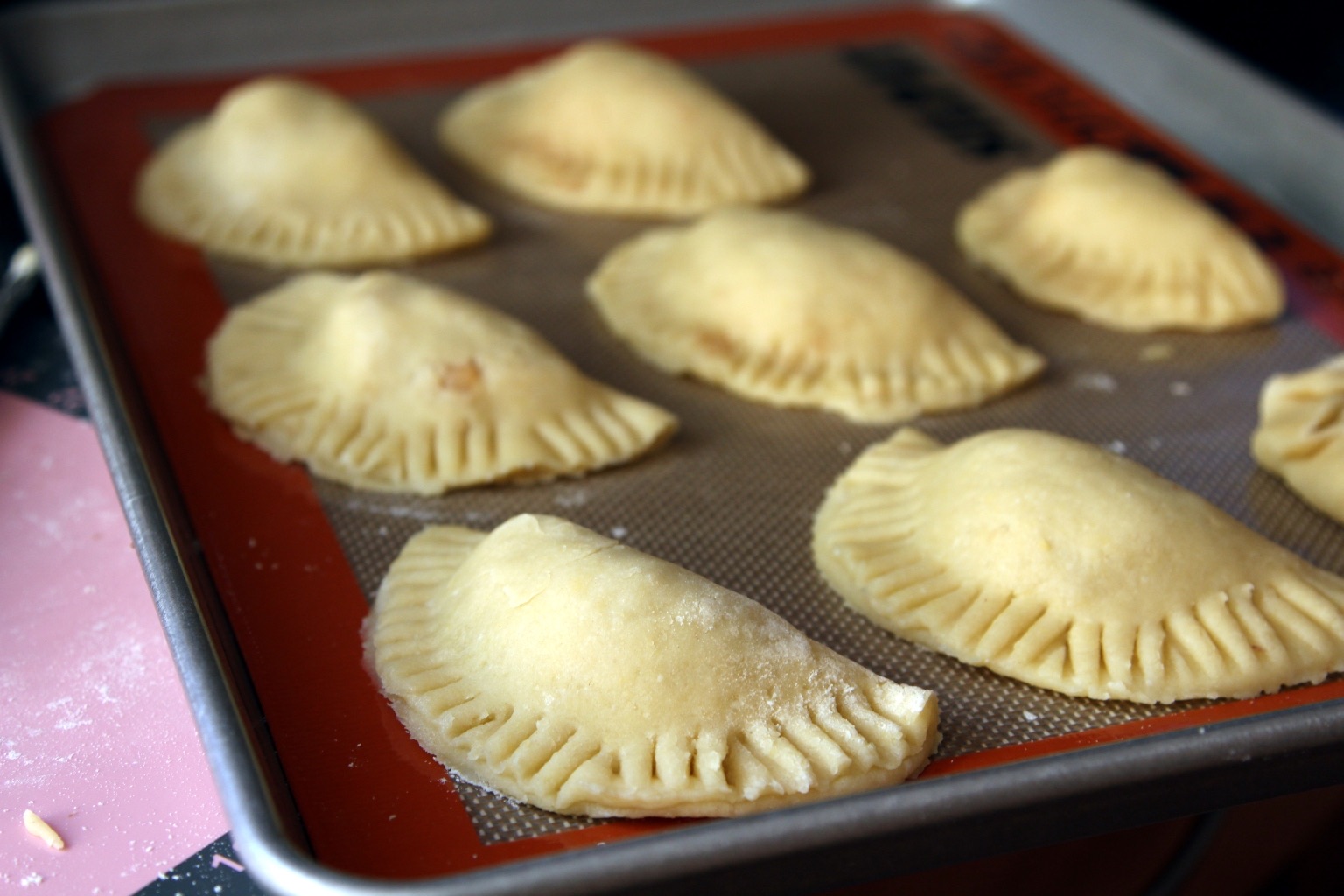

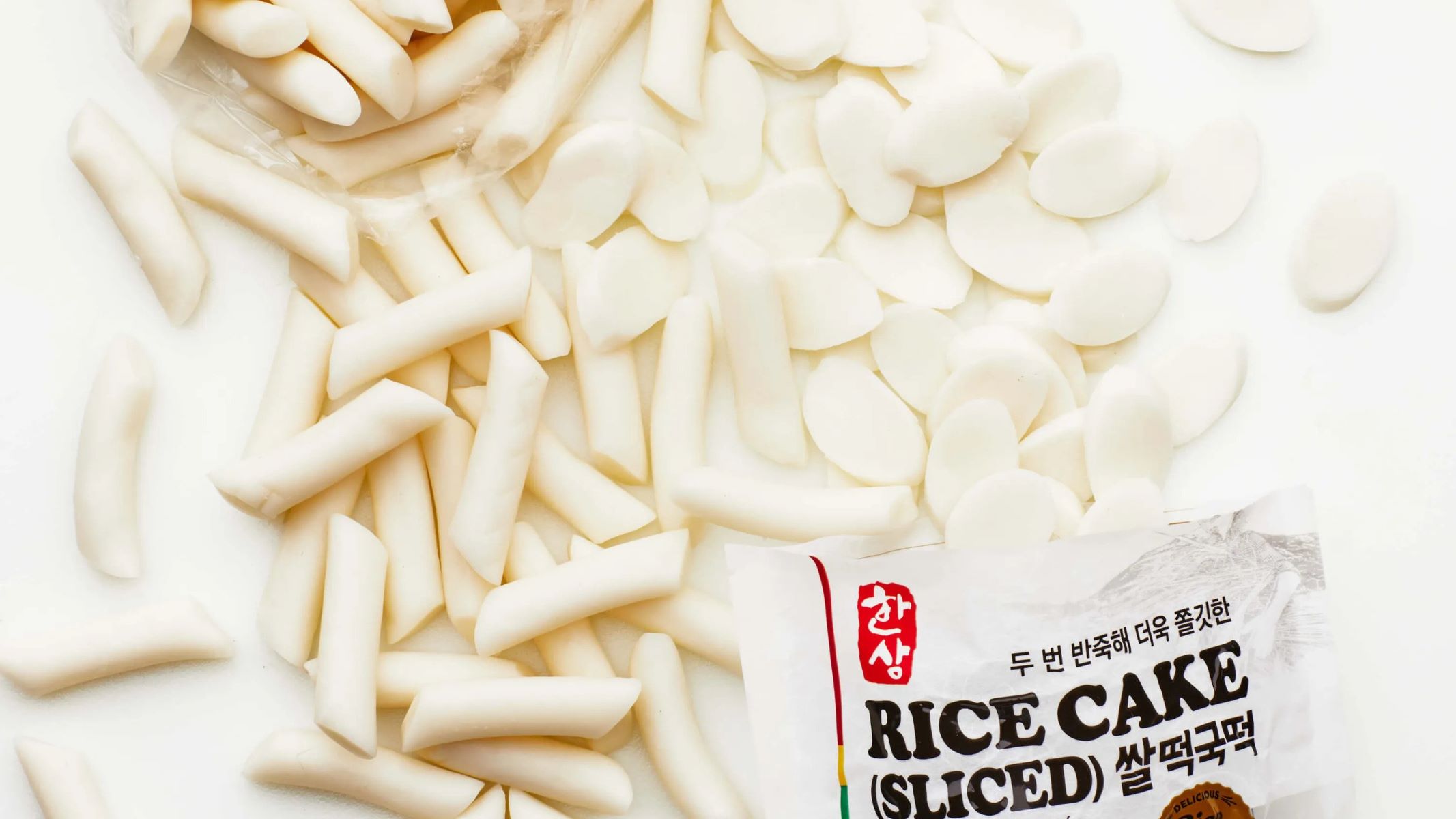

0 thoughts on “How To Store Uncooked Grits”